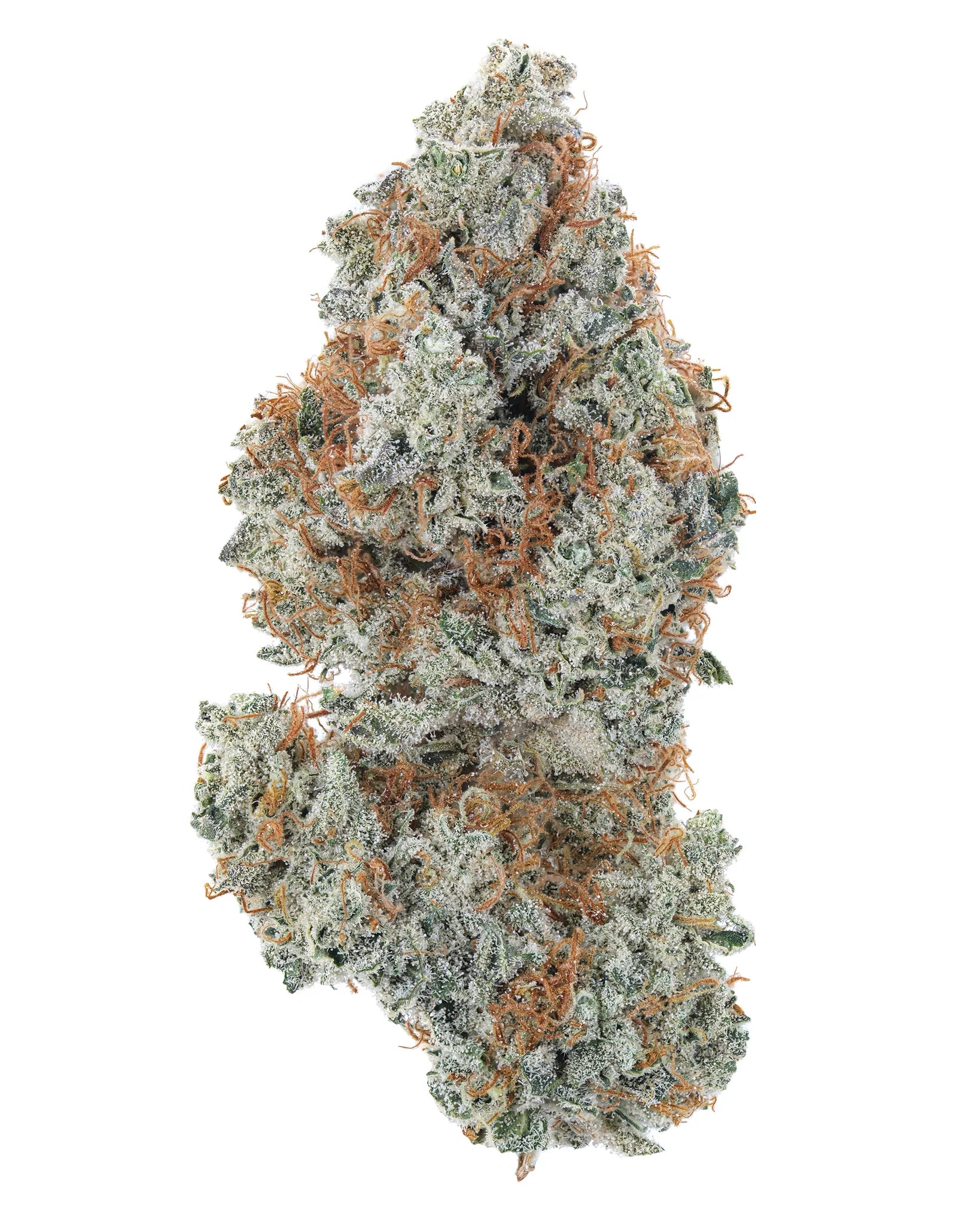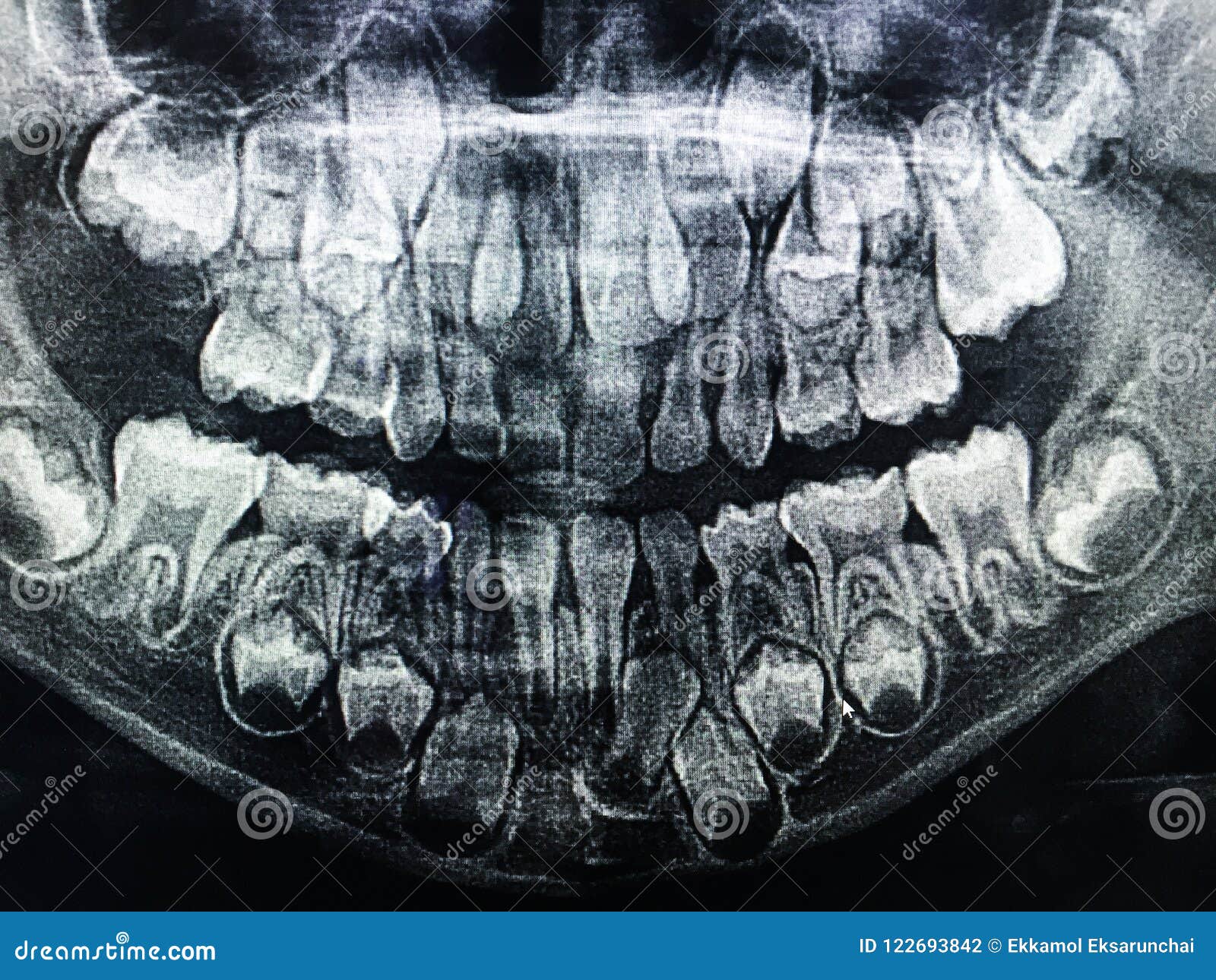Mouthwash Expiration: Stay Fresh & Safe
The importance of mouthwash in our daily oral hygiene routine cannot be overstated. It helps to kill bacteria, reduce plaque, and leave our mouths feeling fresh and clean. However, have you ever stopped to think about the expiration date of your mouthwash? Like many other personal care products, mouthwash does have a shelf life, and using it past its expiration date can be harmful to your health. In this article, we will delve into the world of mouthwash expiration, exploring what happens when mouthwash goes bad, how to tell if your mouthwash has expired, and most importantly, how to stay fresh and safe.
The Shelf Life of Mouthwash
Mouthwash, like any other product, is subject to degradation over time. The active ingredients in mouthwash, such as fluoride, chlorhexidine, and essential oils, can break down, reducing the product’s effectiveness. Additionally, the preservatives used to extend the shelf life of mouthwash can also lose their potency, allowing bacteria and mold to grow. This can lead to a range of problems, from a decrease in the product’s ability to kill bacteria to the growth of harmful microorganisms.
Factors Affecting Mouthwash Expiration
Several factors can affect the shelf life of mouthwash, including:
- Storage conditions: Mouthwash should be stored in a cool, dry place, away from direct sunlight and heat sources.
- Handling and opening: Frequent opening and closing of the mouthwash bottle can introduce bacteria and other contaminants, reducing the product’s shelf life.
- Ingredients: The type and concentration of active ingredients can affect the shelf life of mouthwash.
- Preservatives: The type and amount of preservatives used can impact the product’s ability to resist degradation.
Signs of Expired Mouthwash
So, how can you tell if your mouthwash has expired? Here are some signs to look out for:
- Off smell or taste: If your mouthwash has a strong, unpleasant smell or taste, it may be a sign that it has gone bad.
- Color change: If the color of your mouthwash has changed, it could be a sign of degradation.
- Slimy texture: If your mouthwash has developed a slimy or sticky texture, it’s likely gone bad.
- Mold or sediment: If you notice mold or sediment at the bottom of the bottle, it’s time to discard the mouthwash.
The Risks of Using Expired Mouthwash
Using expired mouthwash can pose several health risks, including:
- Reduced effectiveness: Expired mouthwash may not be able to kill bacteria and other microorganisms as effectively, leaving your mouth vulnerable to infection.
- Growth of harmful microorganisms: Expired mouthwash can become a breeding ground for harmful bacteria and mold, which can lead to a range of health problems, from oral thrush to respiratory infections.
- Allergic reactions: Expired mouthwash can cause allergic reactions, such as itching, burning, or swelling of the mouth and throat.
Staying Fresh and Safe
To stay fresh and safe, it’s essential to check the expiration date of your mouthwash regularly. Here are some tips to help you make the most of your mouthwash:
- Check the expiration date: Before using your mouthwash, always check the expiration date on the label.
- Store mouthwash properly: Store your mouthwash in a cool, dry place, away from direct sunlight and heat sources.
- Use mouthwash within a reasonable timeframe: Try to use your mouthwash within a few months of opening to minimize the risk of degradation.
- Choose a reputable brand: Opt for a reputable brand that uses high-quality ingredients and preservatives.
Practical Tips for Mouthwash Use
Here are some practical tips to help you get the most out of your mouthwash:
- Use mouthwash as directed: Always use mouthwash as directed on the label, and avoid swallowing it.
- Rinse thoroughly: Rinse your mouth thoroughly with water after using mouthwash to remove any remaining bacteria and debris.
- Combine with other oral hygiene practices: Use mouthwash in combination with other oral hygiene practices, such as brushing and flossing, for optimal oral health.
Frequently Asked Questions
What happens if I use expired mouthwash?
+Using expired mouthwash can pose several health risks, including reduced effectiveness, growth of harmful microorganisms, and allergic reactions. It's essential to check the expiration date of your mouthwash regularly and discard it if it's past its expiration date.
Can I still use mouthwash if it's past its expiration date but looks and smells fine?
+No, it's not recommended to use mouthwash past its expiration date, even if it looks and smells fine. The active ingredients in mouthwash can break down over time, reducing the product's effectiveness, and the preservatives can lose their potency, allowing bacteria and mold to grow.
How long does mouthwash typically last?
+The shelf life of mouthwash can vary depending on the ingredients, storage conditions, and handling. Generally, mouthwash can last for 2-3 years unopened, and 6-12 months once opened. However, it's essential to check the expiration date on the label and discard the mouthwash if it's past its expiration date.
In conclusion, mouthwash expiration is a critical aspect of oral hygiene that should not be overlooked. By understanding the factors that affect mouthwash expiration, recognizing the signs of expired mouthwash, and taking steps to stay fresh and safe, you can ensure that your mouthwash remains effective and safe to use. Remember to always check the expiration date, store mouthwash properly, and use it within a reasonable timeframe to minimize the risk of degradation. With these tips and a little bit of knowledge, you can keep your mouth fresh, clean, and healthy for years to come.

